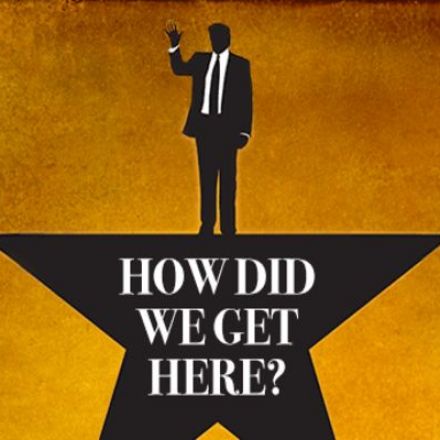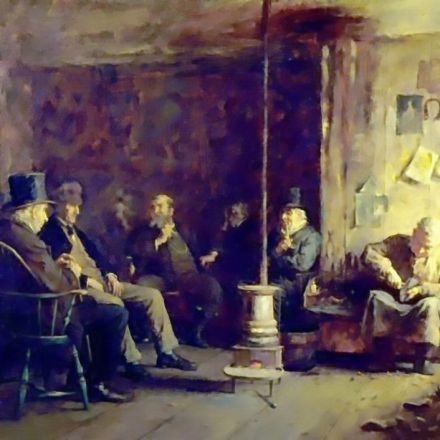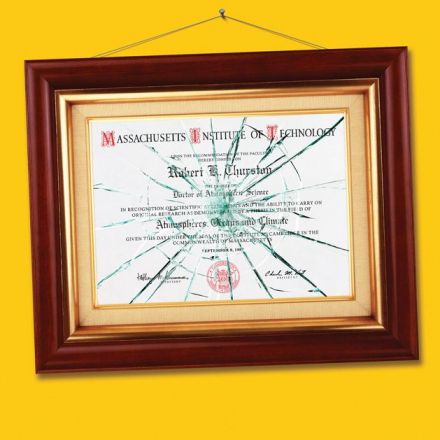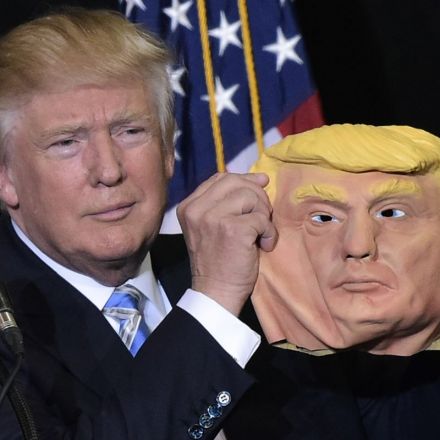

9 years ago
6
The Virtue of an Educated Voter
The Founders believed that a well-informed electorate preserves our fragile democracy and benefits American society as a whole. By Alan Taylor.
Continue Reading


























Join the Discussion
Education is a necessity, but a PHD does not make one any more politically astute than a High School diploma. Unless that particular PHD might be in a political related field, and one is oft puzzled by even their reckoning. Being taught true critical thinking does not necessarily take place in a college setting any more than a secondary one. I was challenged more by my high school teachers to weigh information/argument If one is not willing to be exposed to and weigh the arguments of all sides then there can be no critical thinking thus no truly educated voter.
I was a college student in the late sixties at good state university and first hand I can tell you nothing offered by the school even attempted to advance any notion of critical thinking other than literature courses, in which the profs were liberal in their acceptance of alternate interpretations. In all other courses including poli sci it was the Profs way or the highway.
From all I can gather from my children, grandchildren and their friends is that this is still generally the case
My conclusion can simply be stated as: An educated electorate is essential, but is "college" essential to an educated electorate?
The notion that college functions as a synonym for education is one of my particular peeves. There are fundamental differences between raw intellect, experiential knowledge, abstract knowledge, amongst other components that could reasonably included in the term 'educated'. Strictly speaking while college education is not essential, it would likely be considered highly correlated in adding tools beneficial to the in-depth understanding that is.. It's less the destination that of value but the process to reach that destination, and the realization that the journey never ends until you stop learning.
The thrust of my opinion revolves around "critical thought" and the role college plays in advancing that particular skill. In many cases alleged "knowledge" is one-sided and non-critical.
To me one MUST approach every fact/ teaching/principle as though it were false, then apply a sort of scientific method as to any validation.
Skepticism can be a virtue, however some degree of trust is usually required to get anywhere before senility. The Socratic method is an interesting thought exercise, but is rather outside the boundaries of expectation for daily discussion.
I would/could not know who/what to "trust" without some prior demonstration/consideration.
Believe me there is plenty of time, if you take it, to be skeptical and considerations to that end can be with you every moment if you allow, unless you are preoccupied with social or business obligations. If those employ most your time then yes, you are probably correct. I have always enjoyed the ponder, there are only a couple other things to me more agreeable.
" “our society, like any society, rests on common beliefs and … a major task of education is to perpetuate them.” But the report struggled to define the “common beliefs” best taught by modern American universities. In the 19th century, most colleges had promoted a patriotism linked to Protestant Christianity. But in our own century, no one creed seems capable of encompassing the diverse backgrounds and values of American students. "
Until this gets resolved, and I don't mean under the auspices of some religion, the idea of national virtue is not going to materialize. It is totally shattered right now.